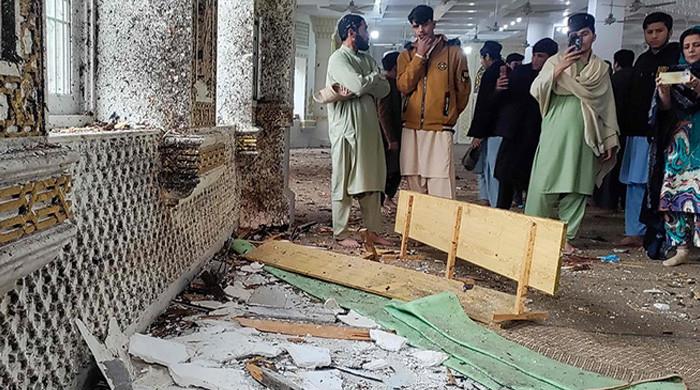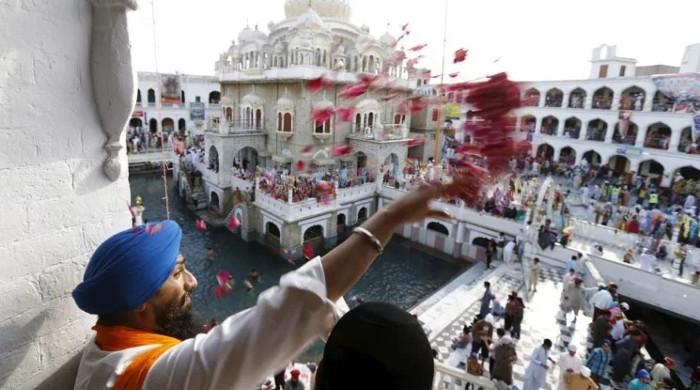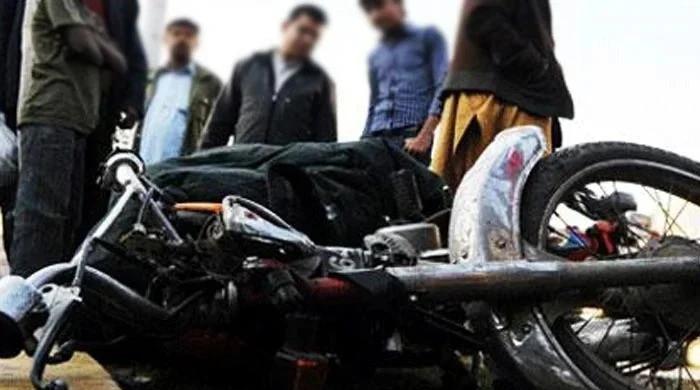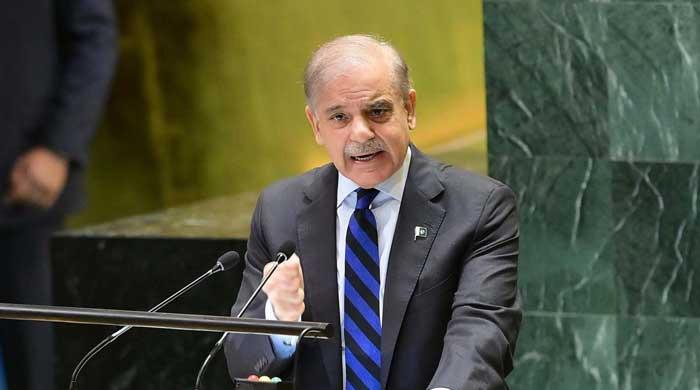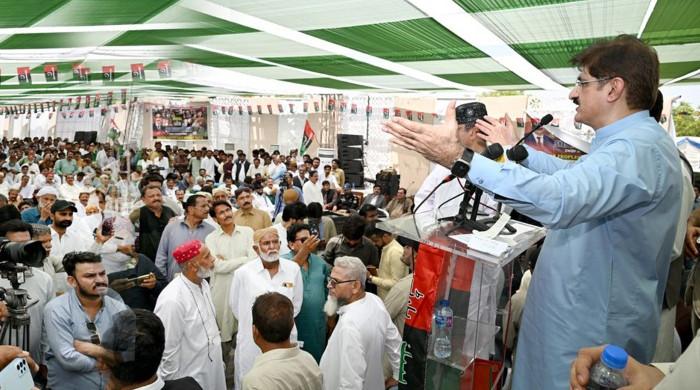Experts call for collective action, regional cooperation to tackle climate crisis
Addressing global summit, ex-minister Sherry Rehman warns against resurgence of climate “denialism”
February 06, 2025

- Climate experts urge for collective action, regional cooperation.
- Region faces shared challenges, including rising temperatures.
- World Bank’s director calls for clearer climate communication.
Climate experts and policymakers on Thursday stressed the need for collective action, regional cooperation, and innovation to tackle the escalating climate crisis.
Speaking at a session titled “Commemorating the 100th Anniversary of Pakistan in 2047: A Vision for Climate Resilience & Climate Justice”, they highlighted the urgency of addressing climate change through collaboration, innovation, and effective communication.
The session was part of a two-day global climate conference aimed at making Pakistan climate-resilient by 2047 while fostering regional cooperation across South Asia.
The region faces shared challenges, including rising temperatures, water scarcity, and increasing natural disasters.
Former climate change minister Sherry Rehman warned against the resurgence of climate “denialism,” stressing that climate change is a borderless crisis requiring immediate action.
“In Pakistan, and in many countries, climate denialism is coming back—shaping our responses and creating an epistemic arrogance that it won’t happen to us,” she said. “But who will take responsibility?”
Rehman identified three major challenges for Pakistan, including the tendency to view climate change as an external issue.
She pointed out the lack of global media coverage of Pakistan’s environmental disasters, such as the 2022 monsoon floods and the wildfires in Balochistan that burned thousands of acres of pine cone forests.
She underscored the importance of media engagement in climate discourse, stating, “If legacy media makes climate and environmental issues central to the conversation, we’re halfway there.”
Rehman also cited Power Minister Awais Leghari’s announcement that Pakistan’s energy mix is now 55% renewable, calling it a “big statement” while urging the media to hold leaders accountable by asking “inconvenient questions”.
LUMS Vice Chancellor Ali Cheema presented alarming data on rising temperatures, warning that by 2050, Pakistan could experience an additional month of temperatures exceeding 37°C, posing severe risks to public health and agriculture.
Cheema highlighted how early industrialising nations grew without facing climate constraints, whereas today’s developing countries must contend with a human-made global crisis.
He traced the historical evolution of climate change, linking industrialisation to rising carbon dioxide emissions and global temperatures.
In her keynote address, Valerie Hickey, the World Bank’s global director for climate change, emphasised the need for clearer climate communication.
“Why don’t we just talk about the weather?” she asked, noting the gap in how climate challenges are discussed with experts versus farming communities. “Too often, we say the same thing to both audiences, and neither understands. Communication is the original sin of the climate community.”
LUMS professor Ijaz Nabi also stressed the need to mainstream climate action and enhance the adaptive capacity of vulnerable nations.




